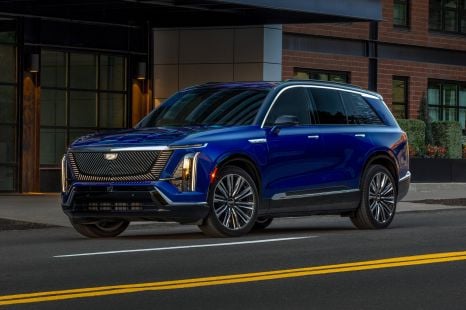

William Stopford
3 Days Ago
Hyundai and Skoda want to share information on hydrogen fuel cells with each other, just don't expect to see the end result in showrooms.

Contributor
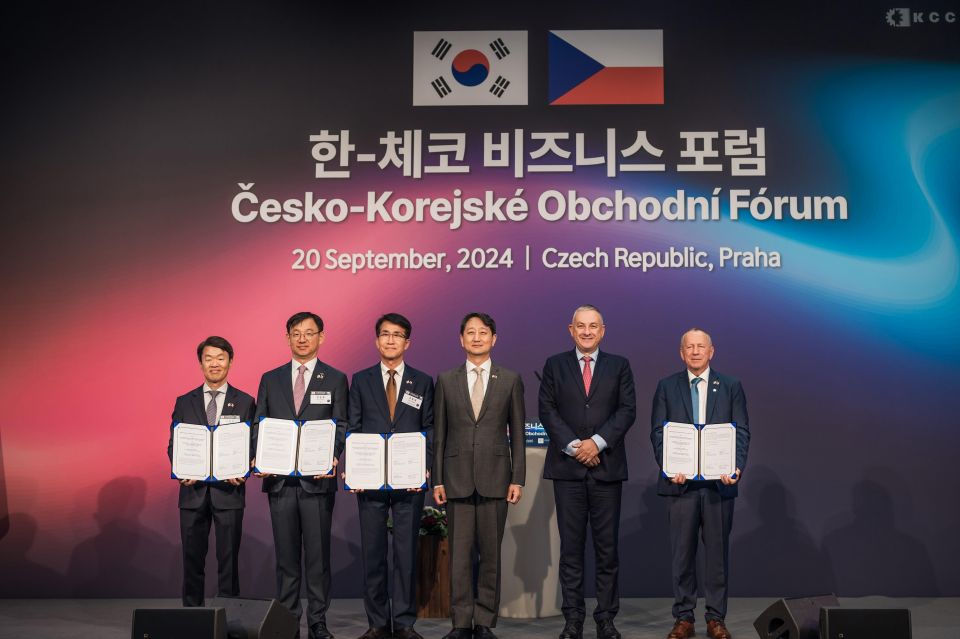

Contributor
Hyundai and Skoda are set to be unlikely bedfellows after signing a Memorandum of Understanding (MOU) to develop hydrogen-based mobility solutions – but it may not be for cars.
The MOU was signed by Hyundai Motor Company and Skoda Group executives in Prague, as a part of the Korea-Czech Republic Business Summit.
According to Hyundai, the MOU “covers study on adoption of hydrogen fuel cell systems and technologies, study on adoption of energy efficient solutions for mobility projects and products, and exploring hydrogen ecosystem and value chain opportunities beyond mobility”.
100s of new car deals are available through CarExpert right now. Get the experts on your side and score a great deal. Browse now.
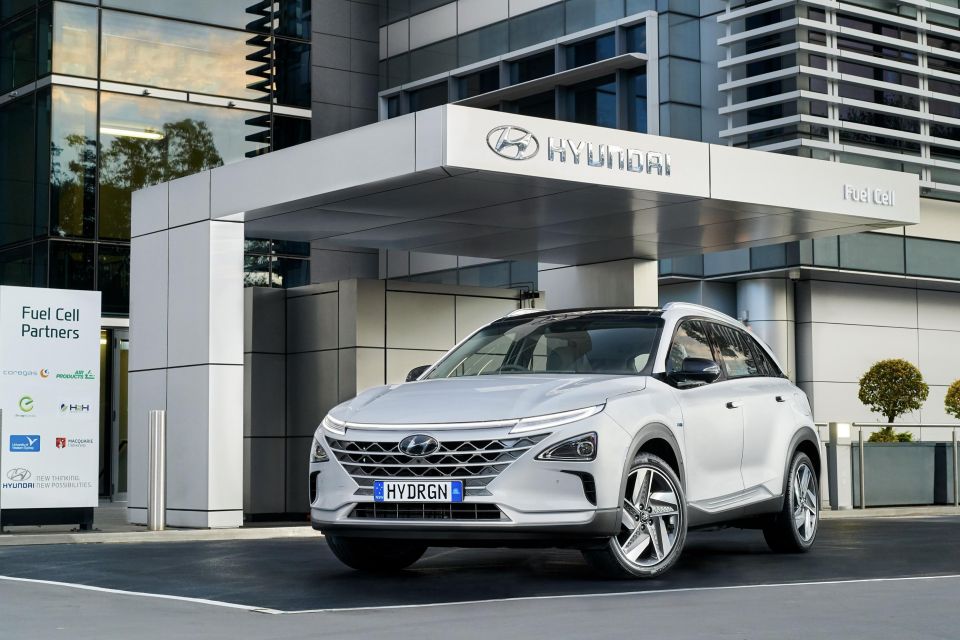
However, we may not see the collaboration eventuate into models in new-car showrooms.
The two Skoda representatives at the signing were Petr Novotný, CEO of the train-centric Skoda Transportation, and Jaromir Silhanek, CEO of Skoda Electric which is a subsidiary of the former company.
Skoda’s current hydrogen-powered vehicle lineup is limited to buses and trams, with its passenger cars limited to traditional petrol and diesel engines, plus battery-electric options.
Hyundai meanwhile has been developing a wide range of hydrogen vehicles, ranging from its Nexo SUV, the Xcient Fuel Cell truck and Elec City FCEV bus.
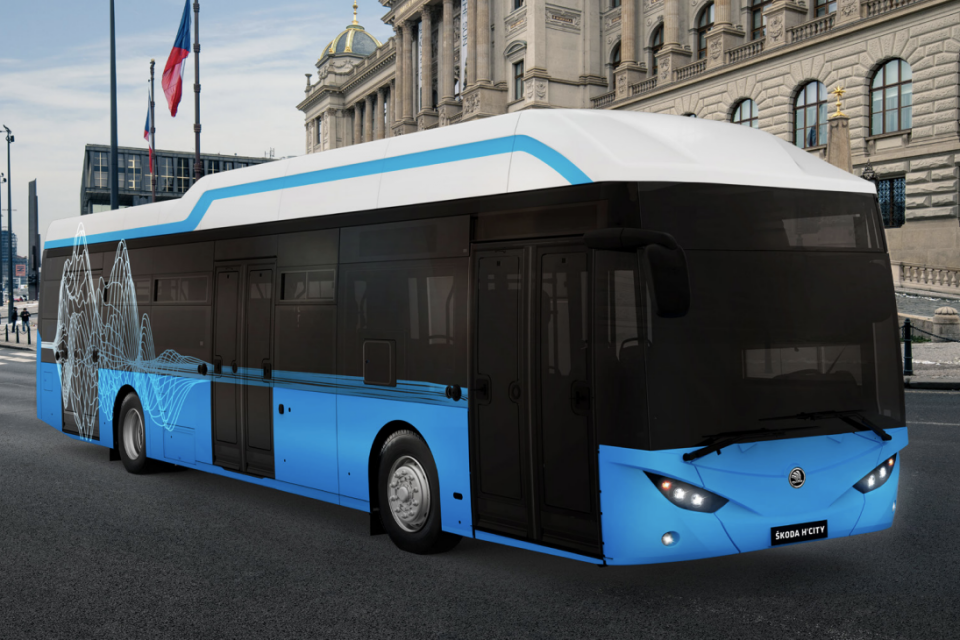
It’s currently unclear as to what the duo’s plans are, though they’ve said they’ll “conduct feasibility studies for fuel cell system applications for diverse utilisation beyond mobility”.
“Both parties share the view that hydrogen will be a key pillar for a sustainable society, starting with mobility.”
Hydrogen fuel cell electric vehicles (FCEVs) remain niche products, both globally and in Australia.
Just 10 FCEVs have been delivered locally this year, consisting of one Hyundai Nexo and nine Toyota Mirais.
Last year, Hyundai and Toyota signed an MOU in Australia to work alongside Ampol and Pacific Energy in developing hydrogen refuelling infrastructure locally.
Born and raised in Canberra, Jordan has worked as a full-time automotive journalist since 2021, being one of the most-published automotive news writers in Australia before joining CarExpert in 2024.


William Stopford
3 Days Ago
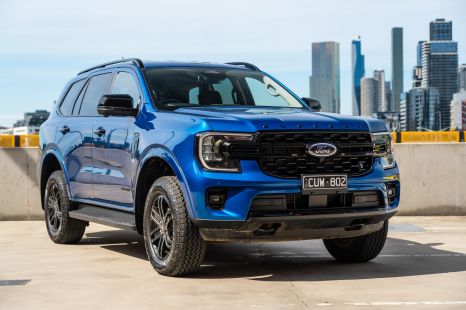

Josh Nevett
2 Days Ago
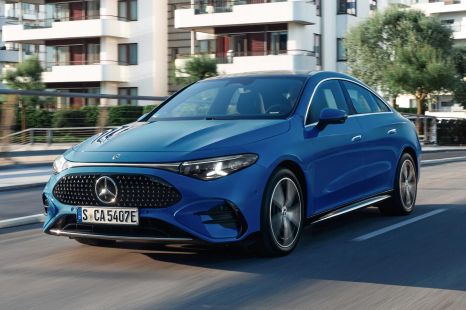

Neil Briscoe
1 Day Ago
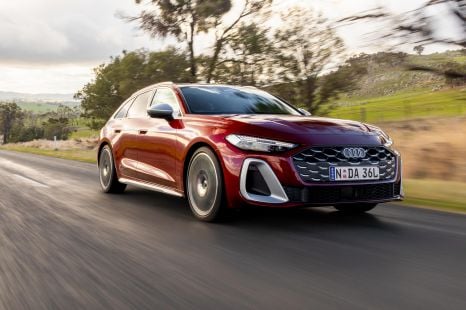

James Wong
23 Hours Ago


Alborz Fallah
21 Hours Ago
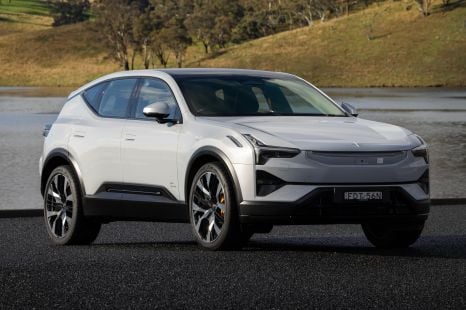

William Stopford
18 Hours Ago